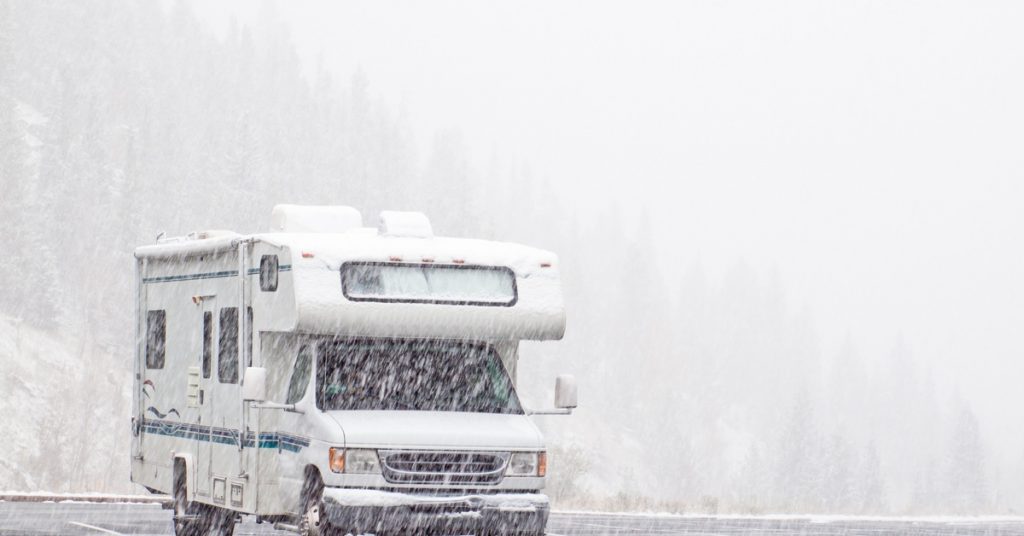How To Protect Your RV From Winter Damage

Winter can be brutal on recreational vehicles. Even when your RV sits safely in storage, cold temperatures, moisture, and harsh weather can wreak havoc if you’re unprepared. Taking a few precautions now can save you from costly repairs come spring. Here’s how to protect your RV from winter damage and keep it in top shape for your next adventure.
Winterize Your Plumbing System
Frozen pipes are among the most common and expensive winter problems for RV owners. Water left in your system can freeze, expand, and crack your pipes or damage your water heater. Drain all water from your freshwater tank, gray tank, and black tank to prevent this issue. Then, use RV antifreeze to flush your lines, including faucets, toilets, and the shower.
Don’t forget to bypass your water heater before adding antifreeze so you don’t waste gallons of the stuff. This simple step protects your plumbing and prevents a nightmare scenario when temperatures drop.
Seal and Protect the Exterior
Your RV’s exterior faces the full force of winter weather. Snow, ice, and freezing rain can seep into cracks and cause water damage or mold growth. Inspect your RV’s roof, windows, and doors for any gaps or worn seals. Apply a high-quality sealant to patch up any problem areas, and consider investing in a breathable RV cover to shield your vehicle from the elements. A cover will prevent UV damage, keep moisture out, and reduce the risk of debris such as tree branches causing dents or scratches.
Keep Pests Out
Rodents and insects love to sneak into RVs during the winter months in search of warmth and shelter. They can chew through wires, insulation, and upholstery in the process. Seal any openings with steel wool or spray foam to keep them out. In addition, place mothballs, dryer sheets, or peppermint oil around the interior as natural deterrents. Check your RV periodically throughout the season to make sure no unwanted guests have moved in.
Maintain Your Battery and Tires
Cold weather drains batteries faster than you’d think. If you plan to store your RV for an extended period, disconnect the battery, and store it in a warm, dry place. Consider using a trickle charger to keep it topped off. As for your tires, cold air causes them to lose pressure. Inflate them to the recommended PSI before storage, and check them regularly. If possible, move your RV slightly every few weeks to prevent flat spots from forming.
Don’t Cancel Your Coverage
Even with all these precautions, accidents can still happen. That’s why you shouldn’t cancel your RV insurance in the winter. Fires, theft, vandalism, and storm damage don’t take a break just because you do. Many insurers offer storage-only policies that protect your RV at a lower cost while it’s parked. This option maintains comprehensive coverage without the expense of liability or collision insurance that you won’t need until spring.
Protect Your Investment All Season Long
Taking the time to winterize your RV will pay off in the long run. A little preparation now means fewer headaches and repair bills later. Following these steps to protect your RV from winter damage will ensure your vehicle is ready to hit the road again as soon as warm weather returns.
